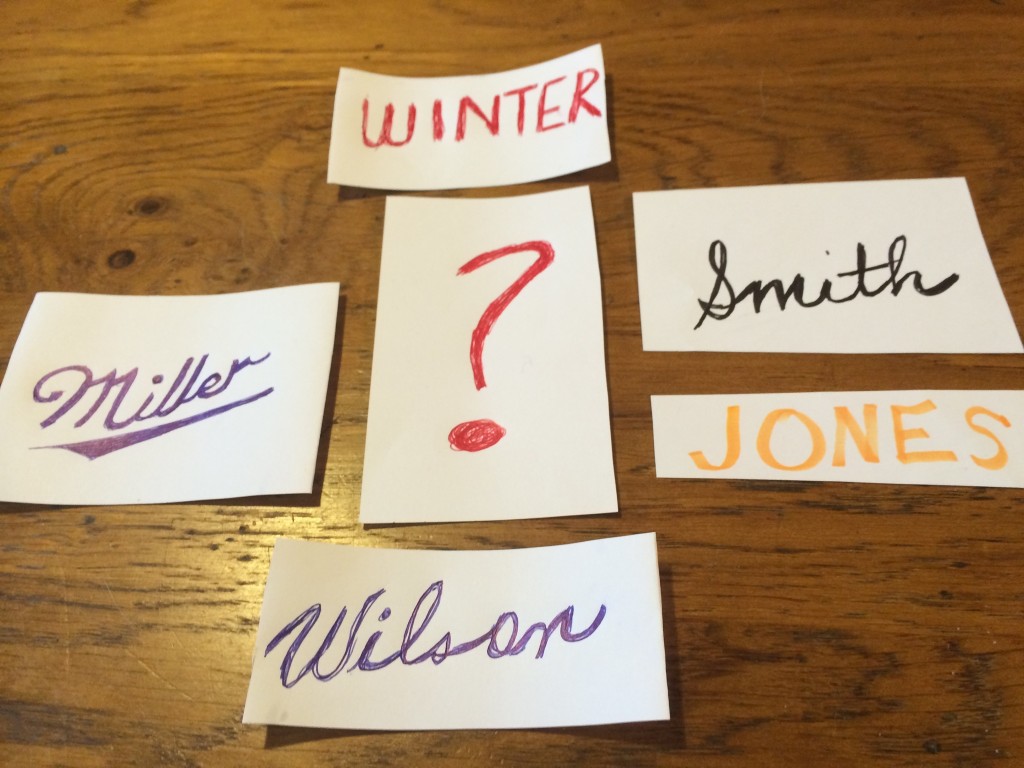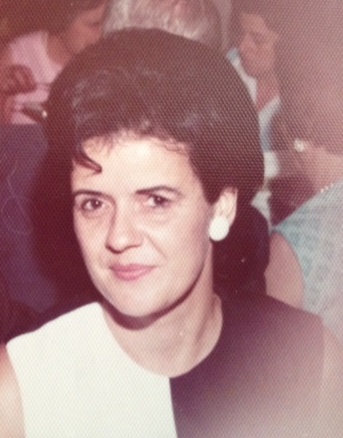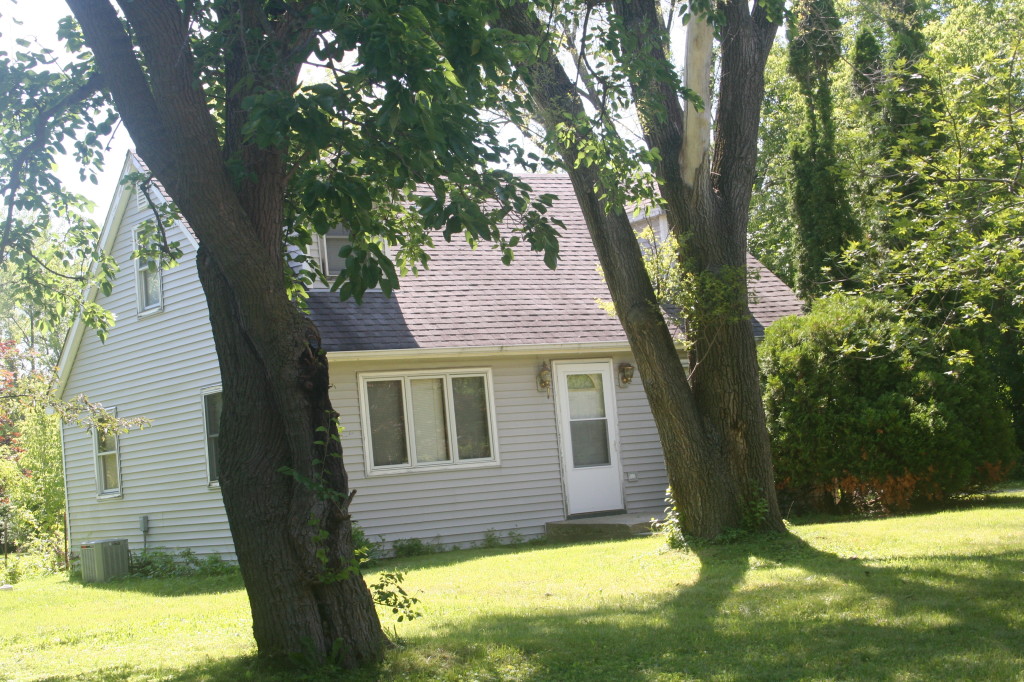I am preoccupied with names. As an adoptee of course, I wonder what my name would have been if I had been raised by both of my natural parents.
I could have been a Winter had I grown up with Lillian and her husband as parents. Winter sounds kind of elegant, less common than Miller and not a name you associate with beer. (My high school geometry teacher used to greet me by saying “It’s Miller time.” That’s all I remember about geometry.)
Winter wasn’t my natural father. I think bio dad was some other guy, a nameless, faceless fellow who may remain a mystery to me forever.
Every time I log into my Family Tree DNA account, I look for new names among my living cousins and their ancestors. My bio father’s surname is in here somewhere but how to find it? Could he be a Smith, a Jones or a Wilson? Those are the top three surnames among my DNA matches.

One of my new cousins contacted me recently. She comes from a family with many Millers and wanted to know about me. Bob Miller was my father but he adopted me so we don’t have any biological connection, at least not one I know about.
I have at least eight Millers among my DNA matches. If everyone explored their ancestry long enough, wouldn’t we all find at least a handful of Millers in the family? Seems likely. But wouldn’t it be funny if I found out there actually was a bio connection between me and Bob?
Either way, I like having a name that’s easy to say and spell. Miller reminds me of my wonderful father, the dad who drove me to school, played tennis with me and helped me learn to drive. Miller sounds friendlier and more approachable than Winter, don’t you think? Winter reminds me of Rebecca de Winter from the 1940 Hitchcock movie, Rebecca. The late Mrs. de Winter was beautiful and glamorous but more than a touch cold.


